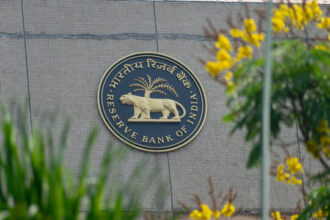Introduction of the Navi Mumbai Case
In a shocking turn of events, the Turbhe police in Navi Mumbai have registered a case against the proprietor of a New Delhi-based company and its Navi Mumbai office manager for allegedly tampering with food products, including popular brands. The Food and Drug Administration (FDA) conducted a thorough raid at the company’s premises in Turbhe on February 9 and 10, revealing a sinister plot to manipulate various food items valued at an alarming Rs 24.52 lakh.

The Tampering Operation Unveiled
The accused meticulously tampered with crucial aspects of the food products, such as batch numbers, manufacture and expiry dates, and labels containing nutritional information and ingredients. This deliberate alteration aimed to deceive consumers, posing a significant threat to public health.
Seizure of Tampered Stock
During the raid, the FDA officials successfully seized the tampered stock, bringing to light the extent of the fraudulent activities conducted by the company. The confiscated items included a wide range of food products from renowned brands, raising concerns about the potential impact on unsuspecting consumers.

Legal Ramifications
Based on a complaint filed by the FDA officials, the Turbhe police took swift action, registering a case against the accused under various sections of the Indian Penal Code. The charges include Section 272 (adulteration of food or drink intended for sale) and Section 273 (sale of noxious food or drink), emphasizing the severity of the allegations. Additionally, the accused will face legal consequences under FDA regulations.
Consumer Safety at Stake
The gravity of this situation cannot be overstated, as the accused not only jeopardized the trust of consumers but also compromised their safety. Adulterated and tampered food products can lead to severe health hazards, making it imperative to address such cases with utmost urgency.

Impact on Brands and Market Reputation
The brands whose products were manipulated now face a severe blow to their reputation and consumer trust. The market repercussions of such a scandal are vast, potentially affecting not only the implicated company but also the broader industry. Consumers are likely to reevaluate their choices, demanding more transparency and stringent quality control measures.
Conclusion
This article sheds light on the alarming case of food tampering in Navi Mumbai, emphasizing the need for stringent regulations and vigilant law enforcement. The betrayal of consumer trust and potential health hazards associated with such tampering incidents demand immediate action. As consumers, we must remain vigilant and support measures that ensure the safety and integrity of the food products we consume.










